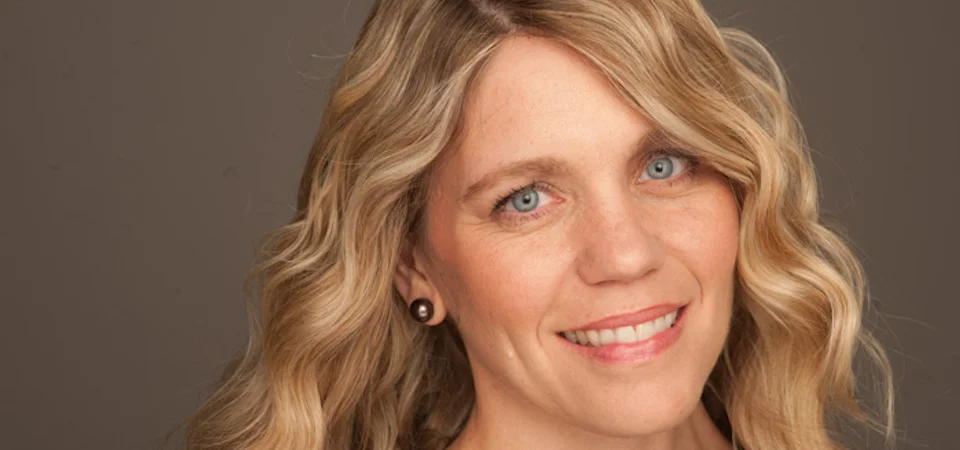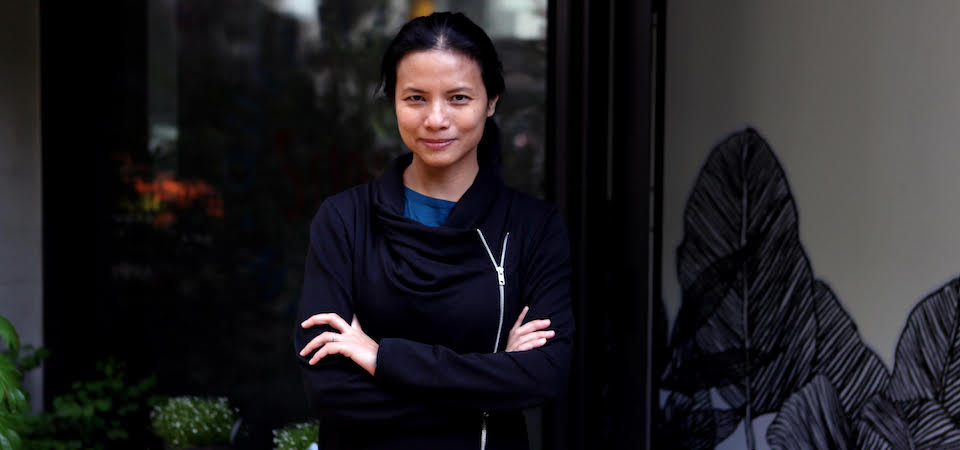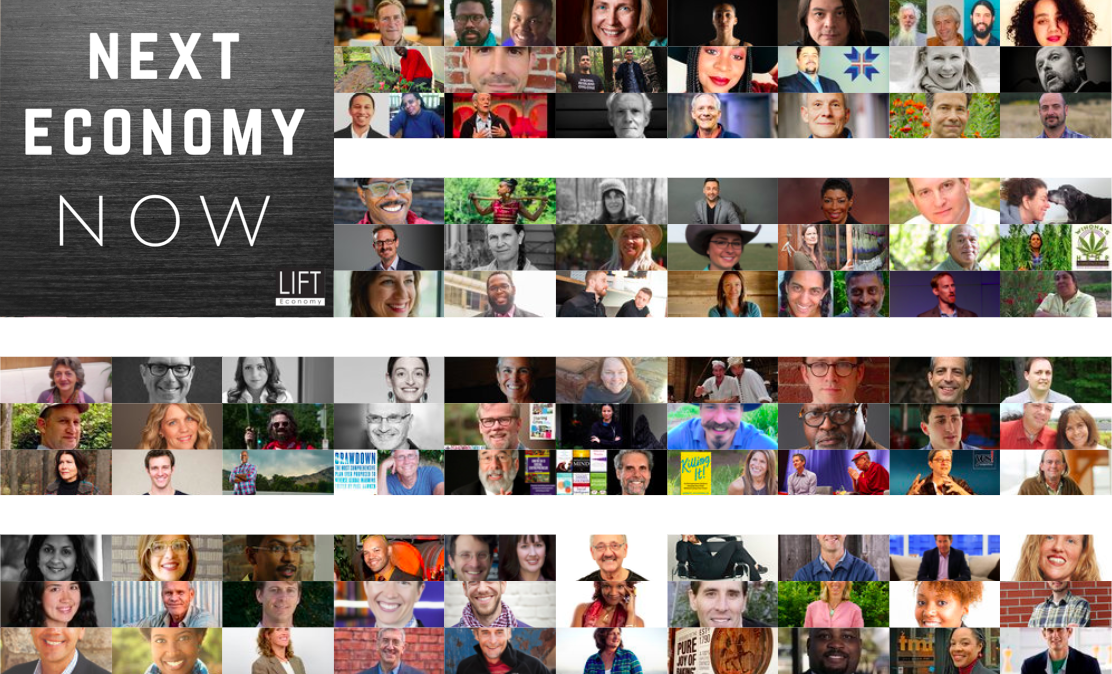Next Economy Now highlights the leaders who are taking a regenerative, bio-regional, equitable, transparent, and whole-systems approach to using business as a force for good.
SUBSCRIBE & RATE us on iTunes, Spotify, Pandora, YouTube, or anywhere you find podcasts!
**Special Announcement:
Next Economy MBA
The Next Economy MBA is a nine month project-based learning course for entrepreneurs and aspiring entrepreneurs who want to learn key business fundamentals (e.g., vision, culture, strategy, and operations) from a regenerative, Next Economy perspective.
Jonathan Rosenthal is the Executive Director of the New Economy Coalition. He has spent over 30 years working to transform the power of business from a destructive force of accumulation into a healing force honoring the interconnectedness of all people and our earth. He co-founded Equal Exchange, Oké USA and Belmont-Watertown Local First. He has consulted with people and organizations all across the trade justice movement. He is the author of numerous articles and is a frequent speaker at colleges and events, is a board member of the Coffee Trust and an emeritus board member of Root Capital. Jonathan is a lifelong vegetarian foodie and a huge fan of his local Watertown, MA library. He lives with his amazing business and life partner, Ora Grodsky (an organizational development consultant with Just Works Consulting), and has two inspiring daughters.
Some highlights from Ryan’s interview with Jonathan include:
How Jonathan journeyed from the consumer co-op movement to equal exchange with the intention to challenge systemic oppression and support liberation movements before landing at New Economy Coalition
As a network of over 200 organizations/networks/movements operating primarily in the U.S. with the goal of building grassroots power spanning sectors/geographies, Jonathan shares the buffet of all the great projects in which New Economy Coalition is engaged through their convenings, communication, & movement resourcing
Jonathan shares his perspective on the current state of systemic racism and the Trump era and how to engage in healing and building work within that context
And He shares what he sees as the biggest obstacles to actualizing the new economy whilst offering up the hopeful stories pouring forth from the New Economy Coalition’s #NowWeOwn Campaign
A comparison of the benefit and drawbacks of private ownership of businesses versus collective ownership (ie: worker-ownership)
Jonathan’s leadership advice around becoming a lifelong learner
Resources:
Videos:
Books
Seeing Systems: Unlocking the Mysteries of Organizational Life by Barry Oshry
The Book of Forgiving: The Fourfold Path for Healing Ourselves and Our World by Desmond Tutu & Mpho Tutu
The Ministry of Utmost Happiness by Arundhati Roy
The God of Small Things: A Novel by Arundhati Roy
Cutting for Stone by Abraham Verghese
Terminology:
People:
Organizations
You can listen/subscribe to Next Economy Now on iTunes, Overcast, Stitcher, or your favorite podcasting platform.
Help these ideas reach more ears by clicking HERE to rate Next Economy Now on iTunes & by sharing on social media.
Ryan Honeyman is a Partner at LIFT Economy and author of The B Corp Handbook: How to Use Business as a Force for Good (Berrett-Koehler Publishers). LIFT Economy is an impact consulting firm whose mission is to create, model, and share a locally self-reliant economy that works for the benefit of all life. You can follow Ryan on Twitter @honeymanconsult or email him ryan@lifteconomy.com.










































